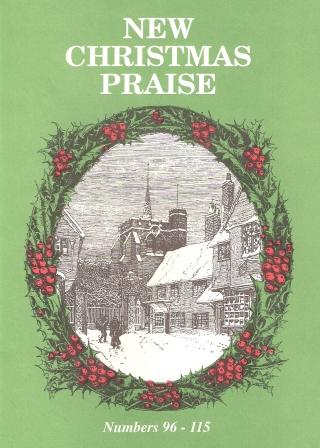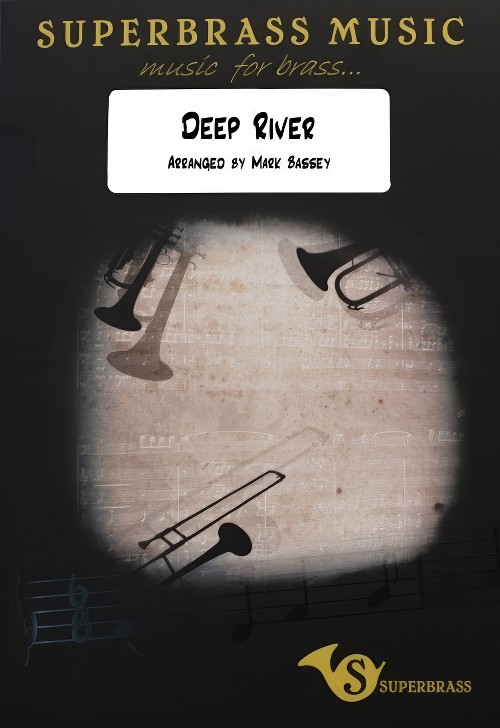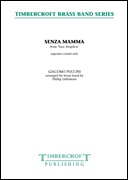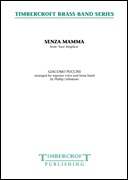Results
-
 £0.49
£0.49New Christmas Praise Song Book 96 - 115
These books are now an archive publication and, although are still available, have been superseded by Christmas Collection (available in marchcard size: https://www.sps-shop.com/cc-marchcard or A4 size https://www.sps-shop.com/cc-largeprint). Christmas Collection includes 46 new carols and songs as well as 10 extended carols (originally seen in the Sounds of Christmas books).Ideal for congregational singingContents :96. Deck the hall 97. Frosty the snowman 98. Have yourself a merry little Christmas 99. Here we come a-wassailing 100.Jingle Bells 101.I saw Mommy kissing Santa Claus 102.O Christmas tree 103.Patapan 104.Rudolph, the red-nosed reindeer 105.Santa Claus is comin to town 106.Sleigh ride 107.The Boars Head carol 108.The twelve days of Christmas 109.The Christmas Song 110.We wish you a merry Christmas 111.When Santa got stuck up the chimney 112.Winter Wonderland 113.When a child is born 114.Worldwide Christmas message 115.Auld Lang Syne
Estimated dispatch 7-14 working days
-
 £38.00
£38.00Deep River (Brass Band - Score and Parts) - Bassey, Mark
Deep River is a spiritual of Afro-American origin. It was used in the 1929 film version of "Showboat". The melody is also sung in the closing section of Michael Tippett's oratorio "A Child of our Time" and was also adapted into the popular song "Dear Old Southland". This fine arrangement by Mark Bassey was commissioned by Superbrass for their "Brass Taps" CD. Duration: 4.30. Suitable for 2nd Section Bands and above
Estimated dispatch 7-14 working days
-
 £30.00
£30.00Senza Mamma (from Suor Angelica) (Soprano Cornet Solo with Brass Band - Score and Parts) - Puccini, Giacomo - Littlemore, Phillip
The aria Senza Mamma (Without your Mother), sung in the opera by Sister Angelica, is one of the most poignant moments in any of Puccini's works, and has remained a repertoire favourite. Suor Angelica?is the second instalment in Puccini's triptych of one-act operas commonly known as Il trittico. The opera chronicles the fall, redemption, and final transfiguration of its central character, Sister Angelica, who has taken the veil in repentance for bearing a child out of wedlock. The libretto, by Giovacchino Forzano, was immediately appealing to the composer, whose sister Igenia was Mother Superior of the convent at Vicepelago. Though it contains some of Puccini's most adventurous writing (the musical language at times even flirts with polytonality) the work has not enjoyed popularity comparable to that of its companions,?Il Tabarro?and?Gianni Schicchi, each of which has enjoyed an independent life in the repertory. Duration: 3:40
Estimated dispatch 7-14 working days
-
 £30.00
£30.00Senza Mamma (from Suor Angelica) (Vocal Solo (Soprano) with Brass Band - Score and Parts) - Puccini, Giacomo - Littlemore, Phillip
The aria Senza Mamma (Without your Mother), sung in the opera by Sister Angelica, is one of the most poignant moments in any of Puccini's works, and has remained a repertoire favourite. Suor Angelica?is the second instalment in Puccini's triptych of one-act operas commonly known as Il trittico. The opera chronicles the fall, redemption, and final transfiguration of its central character, Sister Angelica, who has taken the veil in repentance for bearing a child out of wedlock. The libretto, by Giovacchino Forzano, was immediately appealing to the composer, whose sister Igenia was Mother Superior of the convent at Vicepelago. Though it contains some of Puccini's most adventurous writing (the musical language at times even flirts with polytonality) the work has not enjoyed popularity comparable to that of its companions,?Il Tabarro?and?Gianni Schicchi, each of which has enjoyed an independent life in the repertory. Duration: 3:40
Estimated dispatch 7-14 working days
-
£33.00
Where Did My Snowman Go? - Venis & Poser - Broadbent, D
This arrangement of the classic Christmas song Where Did My Snowman Go? adds lovely festive charm to any concert. The piece narrates a child's whimsical search for their snowman, who has mysteriously disappeared.A true Christmas Classic
In Stock: Estimated dispatch 1-3 working days
-
 £70.00
£70.00Sometimes I Feel Like A Motherless Child - Traditional
Estimated dispatch 7-14 working days
-
£63.00
Sometimes I Feel like a Motherless Child - Cattin
Estimated dispatch 5-14 working days
-
 £38.60
£38.60SOMETIMES I FEEL LIKE A MOTHERLESS CHILD - Traditional - Rydland Frode
Estimated dispatch 7-14 working days
-
 £19.60
£19.60SOMETIMES I FEEL LIKE A MOTHERLESS CHILD (Partitur/Score) - Traditional - Rydland Frode
Estimated dispatch 7-14 working days
-
£28.00
